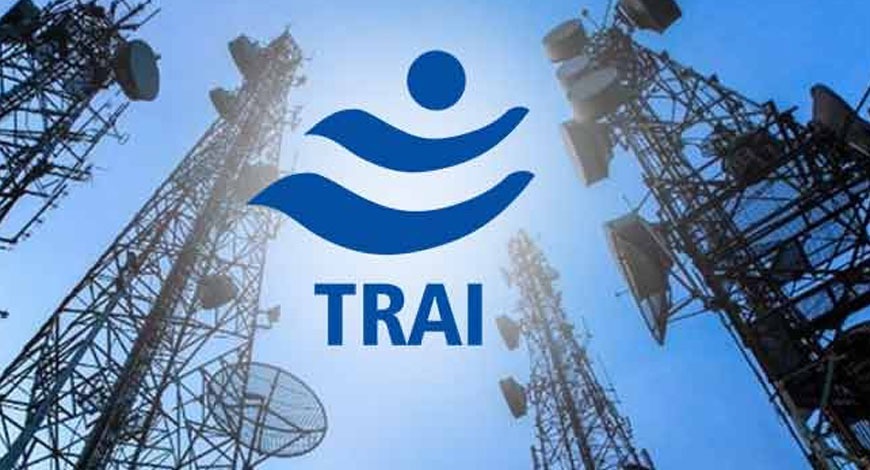Cybercrime is becoming a growing issue in India, with scammers increasingly targeting unsuspecting individuals to steal large sums of money. These criminals use a variety of tactics to deceive their victims, often creating panic by threatening to cut off essential services like electricity or internet access. In some cases, they even falsely accuse individuals of being involved in illegal activities. The resulting fear often leads people to hand over significant amounts of money to avoid supposed consequences.
TRAI Warns Against New Scam

Recently, the Telecom Regulatory Authority of India (TRAI) issued an important warning to mobile users regarding a new type of scam. In this scheme, fraudsters claim that TRAI will disconnect the victim's mobile service and demand a large sum of money to prevent the disconnection. TRAI has emphasized that this is a scam and urges people to remain cautious. They have also advised users to report any suspicious calls through the Sanchar Saathi portal.
India is also facing a rise in 'digital arrest' scams, with significant financial losses reported. Between January and April 2024, a staggering Rs 120.3 crore was lost due to these scams. Prime Minister Narendra Modi highlighted this issue during his Mann Ki Baat address on October 27, where he acknowledged the increasing threat of cybercrime.
According to the National Cybercrime Reporting Portal (NCRP), approximately 7.4 lakh cybercrime complaints were received in the first quarter of 2024 alone. This contributes to a total of 15.56 lakh complaints in 2023, showing a sharp rise from 9.66 lakh in 2022 and 4.52 lakh in 2021. The CEO of the Indian Cyber Crime Coordination Centre (I4C), Rajesh Kumar, reported that the financial losses from cybercrimes include Rs 1,420.48 crore from trading scams, Rs 222.58 crore from investment scams, and Rs 13.23 crore from romance/dating scams.
How Digital Arrest Scams Work

The digital arrest scam is one of the more recent tactics used by cybercriminals. The scam typically starts with a phone call, during which the fraudsters accuse the victim of being involved in a crime, such as trafficking illegal goods or contraband. These scammers impersonate law enforcement officers through video calls and demand money to avoid arrest or legal action. In many cases, victims are coerced into transferring large sums of money to prevent further legal complications.
With inputs from agencies
Image Source: Multiple agencies
© Copyright 2024. All Rights Reserved Powered by Vygr Media.























